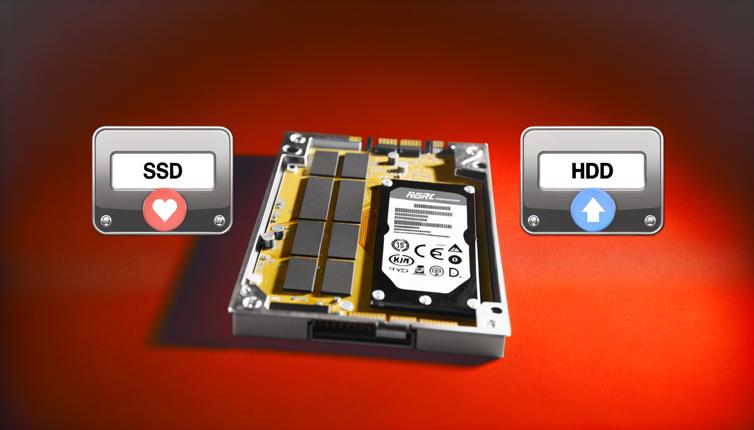Understanding Different Types of RAM
There are several types of RAM available, including DDR, DDR2, DDR3, and DDR4. Each type has its own specifications and capabilities.,DDR (Double Data Rate) RAM was the standard for many years, but it has been largely replaced by DDR2, DDR3, and DDR4 in recent years. These newer versions offer faster speeds and improved efficiency.,DDR2 RAM improved upon DDR by enhancing the memory clock speed and overall performance. DDR3 RAM further improved upon that with even higher clock speeds and lower power consumption. DDR4 RAM, the latest version, offers even faster speeds and increased capacity.,When choosing the type of RAM, it is important to check the compatibility with your computer's motherboard and processor. Not all types of RAM are compatible with all systems, so make sure to do your research before making a purchase.
Determining Your Needs
Before deciding on the type of RAM, you should assess your specific needs and usage patterns. Are you a casual user who mainly uses the computer for web browsing and basic tasks? Or are you a power user who regularly performs resource-intensive tasks such as video editing or gaming?,For casual users, DDR3 or DDR4 RAM with a moderate capacity is usually sufficient. These types of RAM offer good performance for everyday tasks and are cost-effective.,Power users, on the other hand, may benefit from high-capacity DDR4 RAM with faster clock speeds. This provides the necessary power for demanding applications and ensures smooth multitasking.,Consider your budget as well. DDR4 RAM is generally more expensive than older versions, so if cost is a concern, DDR3 may be a more suitable option.
Seeking Expert Advice
If you're still unsure about which type of RAM is best for your needs, it's always a good idea to seek expert advice. Consult with a computer technician or knowledgeable salesperson who can help you make an informed decision based on your specific requirements.,They can take into account factors such as your computer's specifications, your usage patterns, and your budget to recommend the most suitable type of RAM for you.,Additionally, online forums and communities dedicated to computer hardware can provide valuable insights and recommendations from experienced users.,Don't hesitate to reach out for help and guidance, as making the right choice can make a significant difference in the performance and longevity of your computer.
Conclusion
Choosing the best type of RAM for your needs requires careful consideration of various factors, including compatibility, performance requirements, and budget. By understanding the different types of RAM available and evaluating your specific needs, you can make an informed decision that will optimize the performance of your computer. Remember to seek expert advice if you're unsure, as they can provide valuable insights based on their expertise. With the right RAM, you can enhance the speed and efficiency of your computer and ensure a smooth computing experience.








